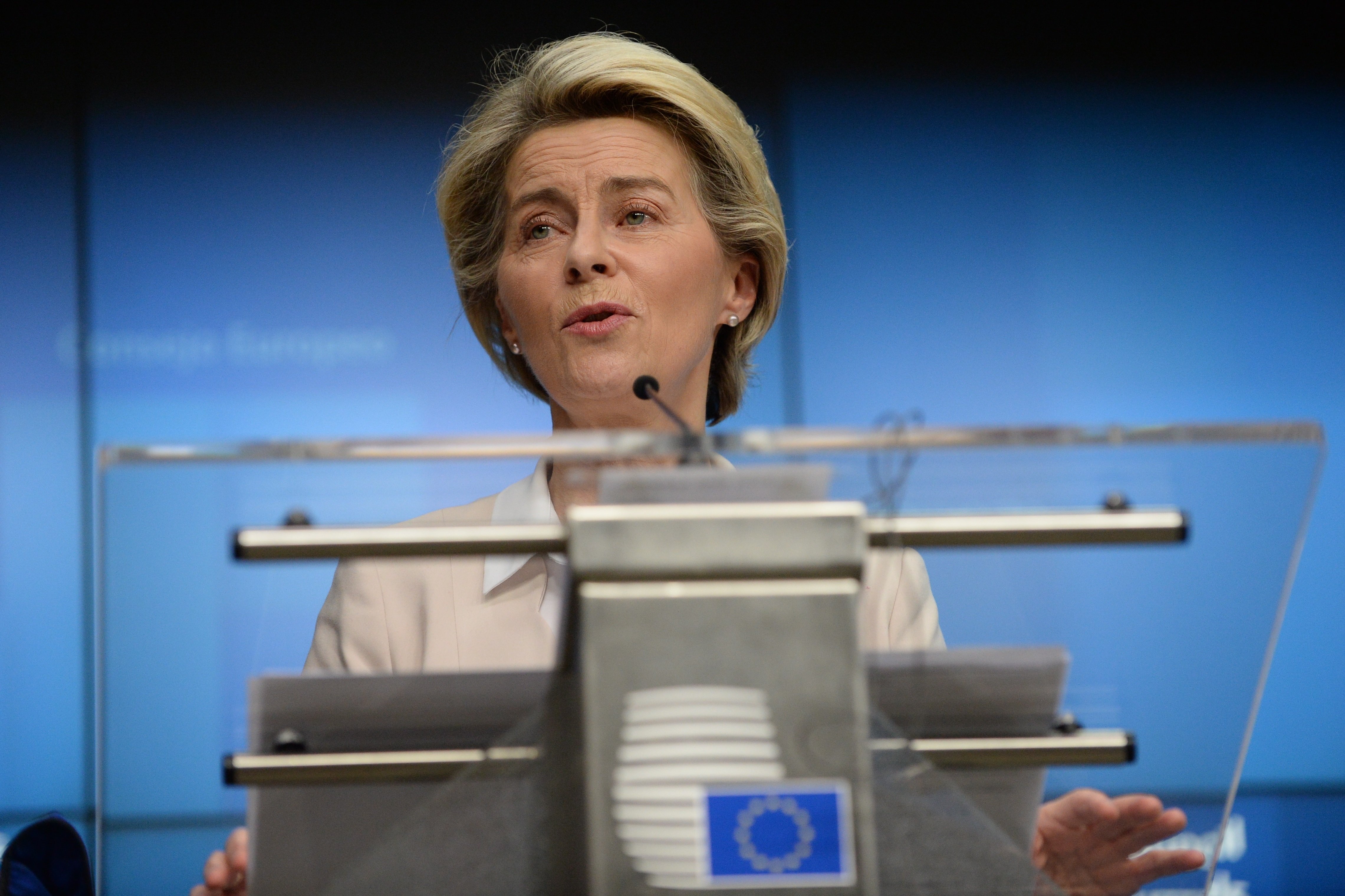European leaders came to agreement this Friday that the coronavirus vaccine should reach all EU states at close to the same time to ensure equality of conditions. The request was made by Spanish prime minister, Pedro Sánchez. Still, the response was not quite as sharply defined as he asked for.
Diplomatic sources, according to 20 Minutos, reported that although the issue was discussed at the meeting, the conclusion was not exactly as the Spanish delegation requested. The consensus reached was that vaccines should "be available to people in the EU in good time and in a coordinated manner".
"With 27 states, whether the injection will go in at the same second in each country, I am not sure", said German chancellor Angela Merkel in a subsequent press conference. "But we want to show that everyone will have the same type of access."
Donation to the Balkans and other neighbours
The European Commission will also coordinate the "donation" of vaccines to the Balkans and other neighbouring countries, according to Commission president Ursula von der Leyen. In fact, the Commission is piloting a joint procurement system for the acquisition of the vaccine for member states and already has up to six pre-contracts signed, including for the Pfizer/BioNTech and Moderna vaccines.
Europe has secured some 2 billion doses of anti-Covid vaccines, according to Efe. Thus, assuming the health authorities approve the prototypes and that the immunization of a person requires two doses, the EU could have sufficient doses to vaccinate twice its current population of about 447 million people.
However, despite the agreement to row in the same boat, it is the government of each country which signs the contracts that the Commission negotiates with the pharmaceutical companies, and therefore each country can design its own vaccination strategy.
More doses than population
Rich countries are accumulating and hoarding doses of anti-Covid vaccines and people living in poor countries will not receive them, according to the coalition People’s Vaccine Alliance. In fact, based on an analysis of which countries are buying up the vaccines, they estimate that in 67 low-income countries around the world, only one person in every ten will be vaccinated in 2021.
The People's Vaccine Alliance, which includes Amnesty International, Oxfam and Global Justice Now in its network of organizations, explained a few days ago that pharmaceutical companies should share their technology to make sure enough doses are produced. The alliance states that ‘rich’ countries have bought enough doses to vaccinate their population three times over if all vaccines are finally approved for use. In fact, Canada has ordered enough doses to protect its citizens five times over. Thus, although ‘rich’ countries account for 14% of the world’s population, they have bought up to 53% of all the most promising vaccines.
Main image: European Commission President Ursula von der Leyen during this Friday's press conference

